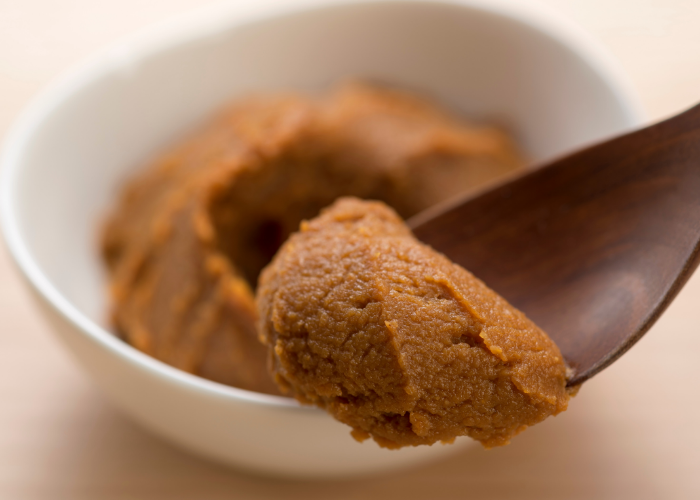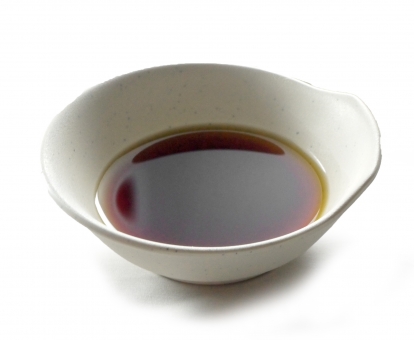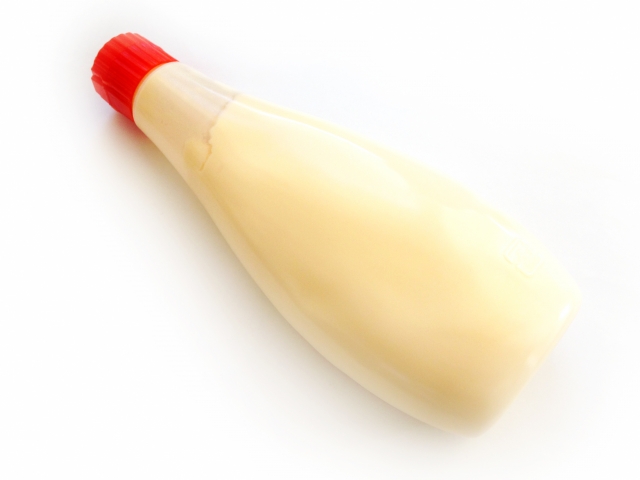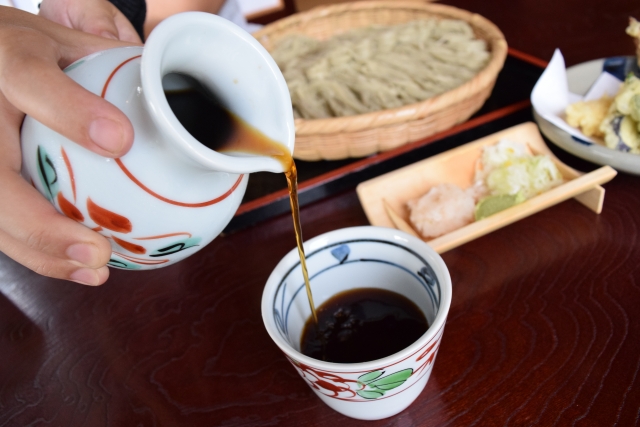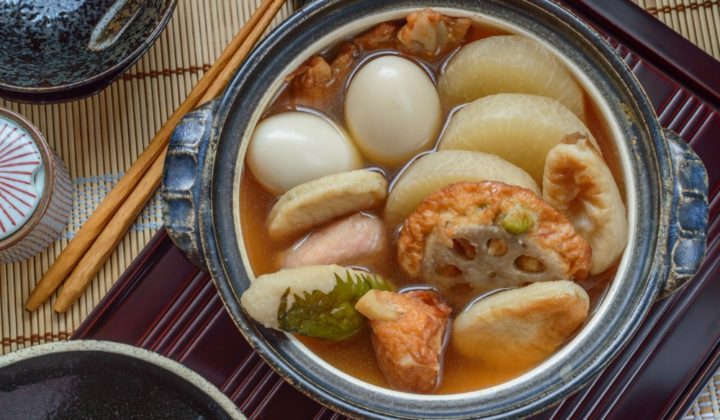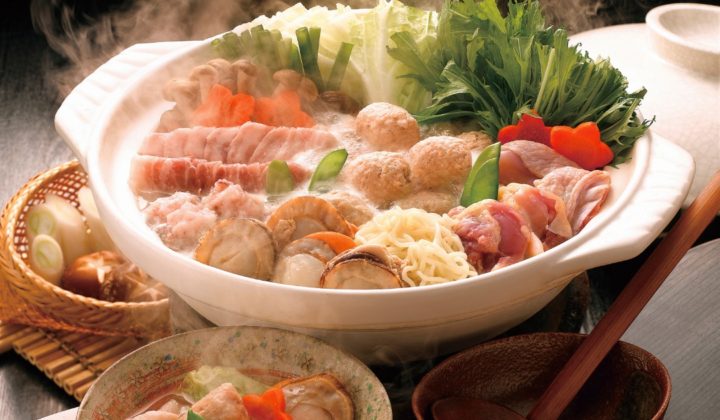Even if you’re not a foodie, you know that flavorings, spices and condiments are important components of your meal when cooking in Japan. They are often just as important as the main course. Flavorings change both a food’s appearance and its taste.
What Condiments Do You Use When Cooking in Japan?
Japan is one of the many countries in the world where foodies thrive, because whether it’s in a fine dining restaurant, a street food stall, or even the comfort of every Japanese home, whatever is served will surely satisfy the tummy and soul.
Ever wonder what the traditional and unique additives in Japan are, aside from wasabi? These are the not-so-secret ingredients in the recipes of Japan’s celebrated dishes. Guidable provides a list of some of the backbones of your favorite cuisine:
1. Miso
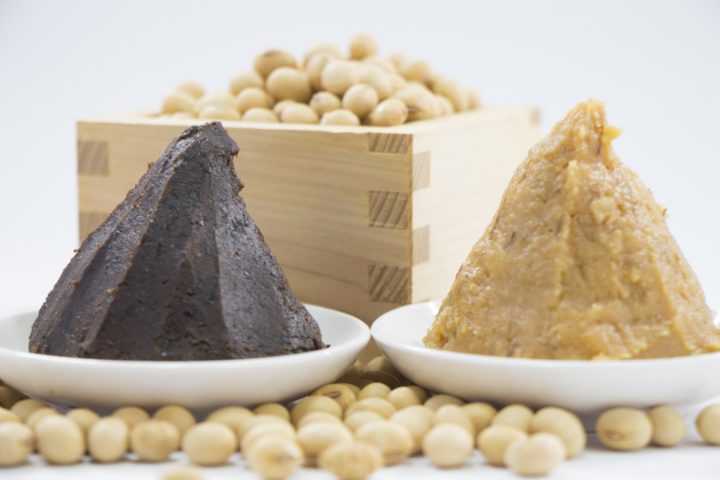
Although often served in a soup side dish, miso is also commonly used as a base for many Japanese foods, or used as miso paste as an additional flavoring. It is one of the most common ingredients in many Japanese meals, and of course the main ingredient of miso soup. In fact, you must have known by now that miso soup and rice are considered essentials in Japanese meals, especially during breakfast. There are three types of miso: akamiso or red miso, shiromiso or white miso, and awasemiso or mixed miso. It is used in ramen, nabe and udon soup. While it is generally salty, there are miso flavorings that are used in traditional confections, as well as miso that is used in pickling.
2. Mirin
Another traditional Japanese flavoring that is similar to a rice wine is mirin. It is similar to that of sake, except that it has a lower alcohol content. There are also three types of mirin – hon mirin, shio mirin, and shin mirin, which differ in the percentage of alcohol. One of the traditional uses of mirin is to remove the saltwater smell of fish and other seafood cuisines. Mirin is also used to complement sushi, and it is the main ingredient in making teriyaki sauces.
3. Ponzu
A citrus-based sauce made from rice vinegar, seaweed, fish flakes, mirin and Japanese citrus fruit yuzu. It is traditionally used as a dressing for tataki, or grilled meat or fish. It is also used as a dipping sauce for hotpot dishes like shabu-shabu, as well as for sashimi. Also, ponzu sometimes is a topping for takoyaki in some places in Japan, especially in the Kansai Region. You can often find different flavors of ponzu, especially in local areas that use their own local citrus fruits.
4. Mayonnaise
..Mayonnaise? This one may seem like it doesn’t belong but Japanese people use it a lot in cooking. It is a staple fcondiment that adds a creamy and rich base to many Japanese foods. The Japanese love to put mayonnaise on okonomiyaki, takoyaki, and other fried goodies, and many people will add it to just about any Japanese dish because of its rich taste. Do you think Japanese mayonnaise tastes good? A lot of foreigners living in Japan love the taste of Japanese mayo, apparently it tastes so much better. It’s said that Japanese mayonnaise is made with the egg yolk, instead of the whole egg which gives it a deeper flavor. Also is often made with rice vinegar instead of distilled.
5. Mentsuyu
This rich flavoring is mainly used in soba and udon noodle dishes, which is why it can also be referred to as “noodle sauce”. It is made from mixing sake, mirin, soy sauce, kombu and katsuobushi. There two types of mentsuyu. One is poured hot to make noodle soup and it is called kaketsuyu, and the other one is for cold noodles, and it is called tsuketsuyu. I am a fan of soba dishes and I would say that using mentsuyu as a dip for cold soba enhances the taste of my favorite Japanese cuisine.
The Japanese have a variety of flavorings that make ordinary dishes into something very appetizing. These flavorings and seasonings will surely guarantee a happy and sumptuous mealtime for you while living in Japan.

